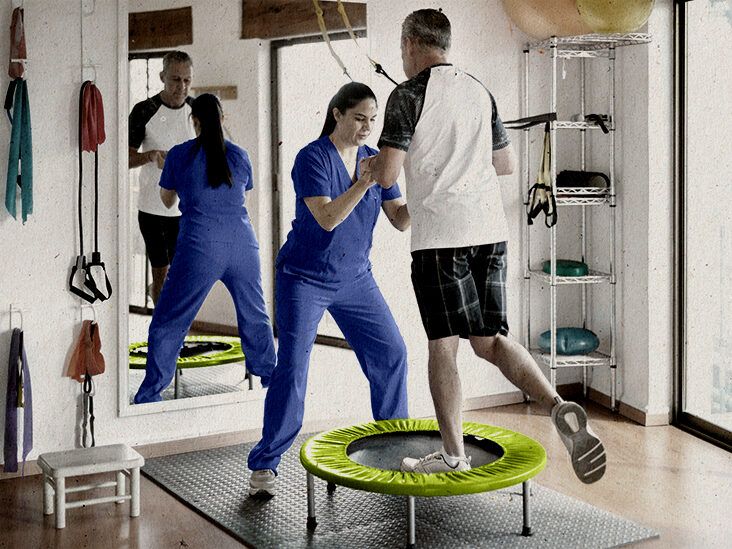The Crucial Effect of Resistance Exercise on Enhancing Rehabilitation and Effectiveness in Sports Recovery
The Crucial Effect of Resistance Exercise on Enhancing Rehabilitation and Effectiveness in Sports Recovery
Blog Article
Resistance training plays a vital role in sports recovery, assisting athletes recover from traumas and improve their general capabilities. When an athlete sustains injured, their body requires time to heal. However, during this recovery phase, it is essential to preserve strength and flexibility to avoid additional injuries. Strength conditioning can be tailored to suit the needs of each individual, concentrating on specific muscular groups that may have been affected by the injury. This targeted method not only aids in rehabilitation but also prepares the individual to return to their activity stronger than previously.
One of the primary advantages of resistance training in recovery is its ability to improve muscle power and endurance. When muscular tissues are stronger, they can more effectively stabilize articulations and minimize the chance of recurrence of injury. For instance, an athlete healing from a leg injury can benefit from exercises that fortify the quadriceps and back thigh muscles. These muscles play a crucial role in supporting the knee articulation. By incorporating resistance conditioning into their rehabilitation plan, athletes can recover their strength more efficiently and safely.
In addition to developing strength, resistance training also improves flexibility and scope of motion. Many traumas can result to rigidity in the affected region, making it challenging for athletes to move easily. Strength conditioning workouts often involve stretching and lengthening the muscular tissues, which can help reestablish flexibility. For instance, incorporating weight straps or dumbbells into flexibility routines can enhance the efficacy of these exercises. As flexibility enhances, athletes can perform actions more efficiently, which is crucial for peak performance in their activity.
Another important factor of resistance training in sports rehabilitation is its beneficial effect on mental health. Recovering from an injury can be a challenging and exasperating process for athletes. Engaging in strength conditioning can offer a sense of accomplishment and boost self-esteem. As individuals see improvements in their strength and capabilities, that site they may experience more driven to continue their rehabilitation process. This psychological boost can be just as important as the bodily benefits, as a optimistic attitude can result to better outcomes in rehabilitation.
Finally, resistance conditioning can assist individuals move back to their sport more seamlessly. Once they have recovered their strength and flexibility, individuals must to practice sport-specific actions to guarantee they are ready for contests. Resistance training can be integrated with activity-specific exercises to create a comprehensive recovery plan. This combination allows athletes to not only heal but also enhance their performance. By concentrating on both rehabilitation and performance, resistance conditioning becomes an essential tool in the recovery journey, helping athletes come back to their activity stronger and more durable.